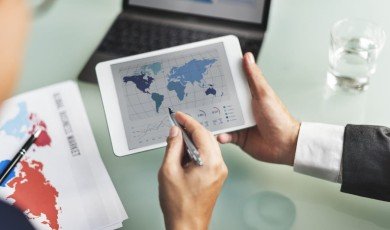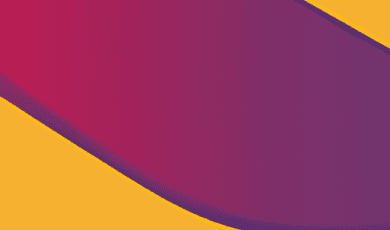
In today’s world, where healthcare transcends borders and every nation strives to provide high-quality care for its citizens, medical translation has become a cornerstone of global dialogue. At the intersection of international relations and public policy, the ability to share medical knowledge clearly and accurately is essential. The COVID-19 pandemic dramatically highlighted the importance of intergovernmental collaboration for the rapid dissemination of reliable medical information, pooling scientific resources, and accelerating the development of treatments.
But how can we ensure that biomedical research, clinical protocols, public health guidelines, and access to innovations through life sciences translation are correctly understood and implemented in a global context marked by linguistic and cultural diversity? Specialized translation services play a diplomatic role that is often invisible yet crucial to safeguarding public health and strengthening international cooperation.
Toward a Safer World: Challenges and Stakes of Medical Translation
Universal Access to Medical Innovation
Medical research is advancing at unprecedented speed, particularly in genetics, innovative therapies, and personalized medicine. However, these advances have limited impact if medical findings and recommendations are not accessible to decision-makers, healthcare providers, and patients—regardless of their language.
For example, during the dissemination of new cancer treatment protocols or public health guidance for epidemic management, poorly translated communication can put lives at risk or create confusion among healthcare professionals. Errors, omissions, or misinterpretations in translated medical documents can generate major ethical and safety challenges on a global scale.
Health Diplomacy and International Solidarity
Health diplomacy relies heavily on medical translation. Through specialized translators, nations can share solutions, warn of emerging crises, provide critical resources, and facilitate access to diagnostic and therapeutic tools. Often, this sharing occurs through the translation of scientific reports, technical datasheets, informed consent forms, and even digital health applications.
International organizations such as the World Health Organization (WHO) and Médecins Sans Frontières depend on highly skilled translation teams to ensure a coordinated, multilingual response during health emergencies, preventing potential human catastrophes through precise communication.
Facilitating Collaborative Research and Transnational Clinical Trials
Scientific rigor demands absolute fidelity to technical terminology. Translators must not only convey words but replicate meaning and intent when translating instructions, research protocols, or administrative documents for international clinical trials. Thousands of researchers collaborate each year on cross-border projects, publish joint results, or develop medications requiring approval from multiple national agencies. In these scenarios, life sciences translation becomes a vital link, ensuring that expertise from Europe can be understood in the Middle East, experimental treatments developed in Asia can be applied in Africa, and Euro-Arabic projects can leverage their collective potential.
Cultural Sensitivity and Protecting Vulnerable Populations
Medical translation goes beyond linguistic accuracy—it bridges cultural perceptions of illness, care, and health. To combat misinformation, adapt preventive messaging, and protect patients’ rights, expert translators integrate moral, social, and religious considerations relevant to each geopolitical context.
For instance, during vaccination campaigns in Arab, African, or Asian regions, the quality of translation can either reassure populations or generate distrust toward treatments perceived as foreign or inappropriate. Contextualized translation also enables targeted communication with vulnerable populations, including migrants and refugees, who often face linguistic and healthcare barriers.
The Geopolitical Specificity of Euro-Arab Relations
Euro-Arab relations provide a particularly revealing case of the strategic role of medical translation. Beyond economic and cultural exchanges, public health cooperation remains central to regional stability. Whether sharing best practices for infectious disease control, conducting epidemiological surveillance, or transferring medical technology, accurate transmission of information is crucial.
Bilateral or multilateral agreements between European countries and their partners in the Maghreb or Middle East often face challenges due to differing health regulations, systems, and official languages. Here, life sciences translation serves a direct diplomatic function, facilitating collaboration among healthcare professionals, regulatory agencies, and local populations.
Medical Translation as a 21st-Century Diplomatic Asset
In an interconnected world facing major health challenges—epidemics, antimicrobial resistance, and universal access to care—medical translation is a strategic instrument on par with traditional diplomacy and economic cooperation. Accurate, comprehensible, and nuanced translation ensures population safety and fosters trust among nations.
For policymakers, international researchers, and field actors, investing in reliable, culturally sensitive translation services lays the foundation for more just and inclusive global governance. As health increasingly becomes a matter of global security, neglecting translation risks underestimating its power to influence and transform outcomes.
The future of health diplomacy lies at the intersection of language and care, medical rigor, and intercultural understanding. Nations that invest in high-quality medical translation, trusting skilled professionals, gain a decisive advantage in protecting populations and strengthening their global influence.








